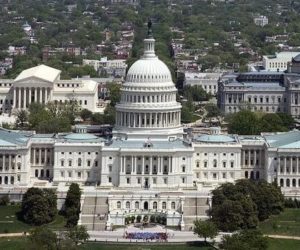First 5 minutes of a 13 minute, 42 second speech delivered on March 12, 1933.
History Matters has the full transcript:
When President Franklin D. Roosevelt took office in 1933, one in four Americans was out of work nationally, but in some cities and some industries unemployment was well over 50 percent. Equally troubling were the bank panics. Between 1929 and 1931, 4,000 banks closed for good; by 1933 the number rose to more than 9,000, with $2.5 billion in lost deposits. Banks never have as much in their vaults as people have deposited, and if all depositors claim their money at once, the bank is ruined. Millions of Americans lost their money because they arrived at the bank too late to withdraw their savings. The panics raised troubling questions about credit, value, and the nature of capitalism itself. And they made clear the unpredictable relationship between public perception and general financial health—the extent to which the economy seemed to work as long as everyone believed that it would. To stop the run on banks, many states simply closed their banks the day before Roosevelt’s inauguration. Roosevelt himself declared a four-day “bank holiday” almost immediately upon taking office and made a national radio address on Sunday, March 12, 1933, to explain the banking problem. This excerpt from Roosevelt’s first “fireside chat” demonstrated the new president’s remarkable capacity to project his personal warmth and charm into the nation’s living rooms.
















